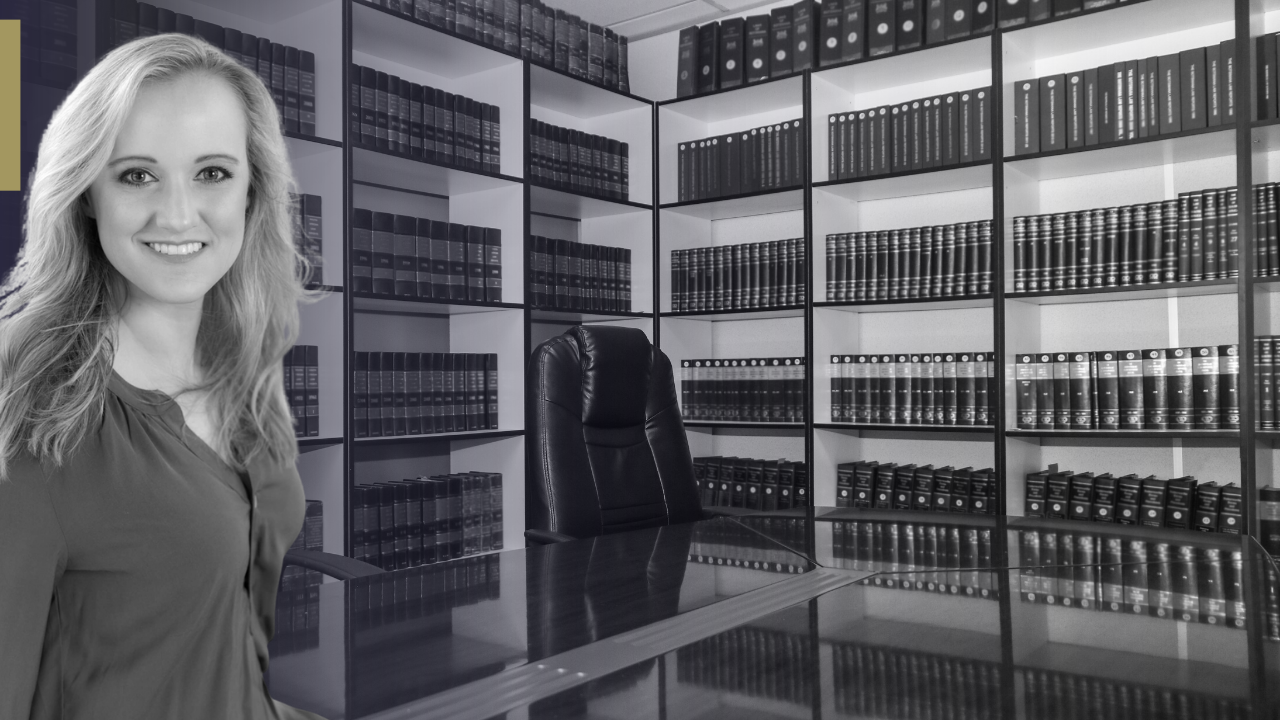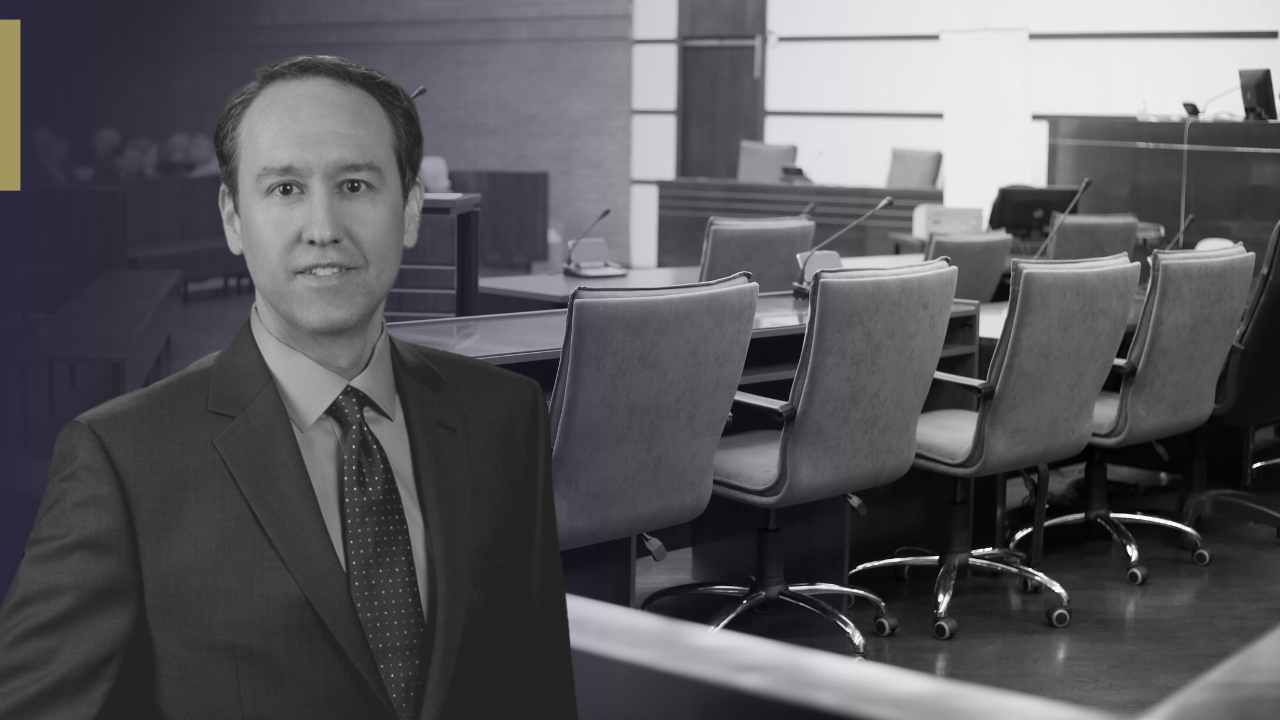The Lawyerist wrote an evocative post last week about when and how to object at trial. In it, Andy Mergendahl notes that “Objecting at times other than when absolutely necessary to keep crucial inadmissible evidence out will really hurt you.” He advises, instead, to handle as many objections as possible as motions in limine.
What I Mean by “Evocative”
When I said that the article was evocative, here is what I mean. At first blush, I was not keen on what he had to say. As an appellate lawyer, I read far too many transcripts where great issues are waived because there was no objection at trial or pre-trial motion where the appellant moved to exclude things. So, from the perspective of an observer who views many trials through the rearview mirror of the trial transcript, my first reaction was “you gotta be kidding me.” I have always wished that lawyers objected after just about every sentence spoken at trials. Why would anyone suggest that objections are a lose-lose proposition? Then I read and thought. And I concluded that he’s actually right.
Why Trial Objections are a Lose-Lose Proposition
What makes an objection a lose-lose proposition? Assuming that you win the objection, you actually lose because the jury could well figure out contextually what the evidence is or would have been. The jury thinks you are being slick and trying to hide things.
And if you lose the objection, you lose in multiple ways. First, you lose the objection. Second, the jury thinks you were hiding something. Third, you emphasize the stuff you were trying to keep out as particularly harmful to you. Finally, the guy with the robe on peers down over his glasses and proclaims publicly that you were wrong.
But again, what about the record?
Save Trial Objections to Crucial Make or Break Points
But I thought about it some more. And I actually think that he is right. Mr. Mergendahl did not say never to object. He said that it is best to save objections for “crucial” issues. Of course, if you have prepared well for trial, chances are that you have thought out what the most crucial issues are. And those issues are best handled in pre-trial motions. In a pre-trial motions setting, everything is handled while the jury is not around. The jury hasn’t already heard enough from the question to figure it out. You have put a great deal of thought and research into the issue. The judge has more time to think about the matter. And you are more likely to make a good record. If a proffer needs to be made, you are in a position to do it.
Beware the False Sense of Record Protection When You are Fighting Over Trivial Things
Actually, most of the junk lawyers fight over during trial has nothing to do with the outcome of the case. Think about the last time you objected in court. Were you really building a record, or were you really engaged in a pissing contest about the form of questions?
If you are enumerating as appellate error a trial judge’s ruling on “asked and answered” or “leading,” it’s time to go ahead and tell your client to unpack that last suitcase in his cell. Or a higher percentage way out of all of this mess may be a hacksaw hidden in a cake.
The real problem is not the failure to object during trial. Rather, the problem is that too few lawyers think through or have a reliable model for predicting what the big evidentiary and constitutional issue will be. And often it occurs to them in the middle of the trial, if ever. At that moment, they start blindly objecting. Next time you are in court and you see two lawyers really get into a fight over objections, I’d be willing to bet that you will really be watching a debate over the form of questions and not the substance of the evidence being admitted. And I’d also be willing to bet that you will be watching a debate over questions of leading, whether the question was “asked and answered,” or whether the question is argumentative. I won’t bet, I’ll guarantee, that neither lawyer is scoring any points for the appeal in this debate.
A Bunch of Objections to Form are no Substitute for an Appellate Strategy
But we’ve barely scratched the surface, dear reader. When you start objecting ad hoc in the midst of a trial with no real appellate strategy, you have even bigger problems. Let’s list some of them.
- You focus on things that don’t really matter. Trial objections that are shot from the hip are largely about meaningless stuff. You are probably in a riveting debate over whether a witness is being “badgered.” When is the last time you saw a conviction overturned because a witness was “badgered.” And why the hell is badger a verb anyway?
- You lose sight of the fact that you are getting screwed by the trial judge no matter how the ruling goes. Suppose you win your big important leading objection. The judge sustains it. The prosecutor will re-phrase the question in some non-leading manner. The trial judge begins to appear magnanimous, and you look like you’re turning the whole process into a game of Simon Says. In fact, if you are in the latter stages of a trial, and the judge suddenly starts ruling for you, chances are that he thinks your client is getting convicted and he’s hedging his bets against your appeal. Some trial judges rule with you on “form objections” to make themselves feel better about what they are going to do to your client at sentencing. Show me a judge who sustains defense counsel’s every objection as to the form of the DA’s questions, and I’ll show you a judge who has his calculator out trying to figure out how best to light up the defendant when the sentencing starts.
- The “Kick Me” sign. Or if the judge is less subtle and has no interest in appearing magnanimous in front of the jury (the JQC is zapping most of these judges as we speak), your objection over some meaningless issue presents an opportunity to toy with you. You won’t have much you can do with it all on appeal because hearsay/leading/asked and answered/badgering comes under the huge umbrella of “trial judge’s discretion.” So, with the wrong judge, the exercise of objecting is like hanging a big sign around your neck that says “kick me.” And kick you he will.
- It all gets intoxicating. There’s an old adage that “to a man with a hammer, all problems look like a nail.” Criminal defense lawyers virtually never get told that they are right in a Georgia court. So, when you say “objection, asked and answered,” and the judge says “sustained,” it feels like you’re on a roll at the blackjack table. You’re the half-starved lab rat who was just been given a food pellet for touching the red button with your nose. You want to touch the red button again. And again. And again. The prosecutor, by contrast, is the hyper lab rat who gets an unlimited supply of cocaine pellets just for showing up in the maze. Our scientist, the judge, has suddenly removed a single pellet. And the rat is freaked. Suddenly there is a battle raging, little more than a contest of egos, over the form of an insignificant question. You aren’t on a roll at the blackjack table—you’re getting screwed over. Or maybe it is a blackjack table and you are winning. It’s just that the blackjack table is in the casino of a cruise ship. And that cruise ship is the Titanic.
So, yes, the Lawyerist is right, but for more reasons than he imagines.
The Best Time to Bring in Appellate Counsel is at Trial
I’ll end with a story from recent experience. I am appellate counsel on a case. And I was on the defense team at trial as appellate counsel (Not that anybody conceded defeat. I was sort of like an insurance policy). My role at trial was to keep an eye on the appellate record. I came to court for some of the pretrial motions, but during the trial I did most of my work from my office. The trial was televised and it was streamed online. I DVRed the proceedings. So, when issues arose, the trial team would call me. I’d review the proceedings. I’d draft the motion in the evening. And I’d watch the motion get argued the next morning before the jury came in or after the lunch break.
The motions I wrote were not about whether a question was “asked and answered.” There was some long-term strategy in mind. I was the one guy on the team who looked at all of the proceedings through the appellate lens all the time. And by not being present in court, I didn’t get emotionally involved.
There’s a really awesome thing about being an appellate guy on a defense team during a trial. You start thinking about how you’d like to see issues play out on the transcript. You think about what you’d love for the judge to say as he rules against you. You start thinking up the things that you’d love for the DA to say as he puts the squeeze on you at trial. If your motion prevents a bad ruling, cool. If the judge ignores you and rules incorrectly, cool. And as the appellate guy, you keep your fingers crossed that you lose some of those motions. You’d like to have things to discuss with the appellate court.
When an appellate lawyer cracks open the transcript at the beginning of an appeal, he hopes against hope that he doesn’t find a fair trial in those pages. The more rigged it was the better (and this is Georgia, where the JQC seems to remove a judge every day for rigging the game in one way or another. Lots of the trials are rigged.). For an appellate lawyer, the last thing you want to find is a trial that was fair. And in Georgia, you’re in luck … if you play your cards right. But how do you do that?
More objections are not the answer. The answer is a well-thought-out appellate strategy that begins when trial counsel opens the case at the trial level. The goal, after all, is to preserve issues that could win on appeal. The goal is not to get a series of “attaboys” from the judge or to turn trial into an academic exercise where advocates compete to see who craft questions in the best form.


